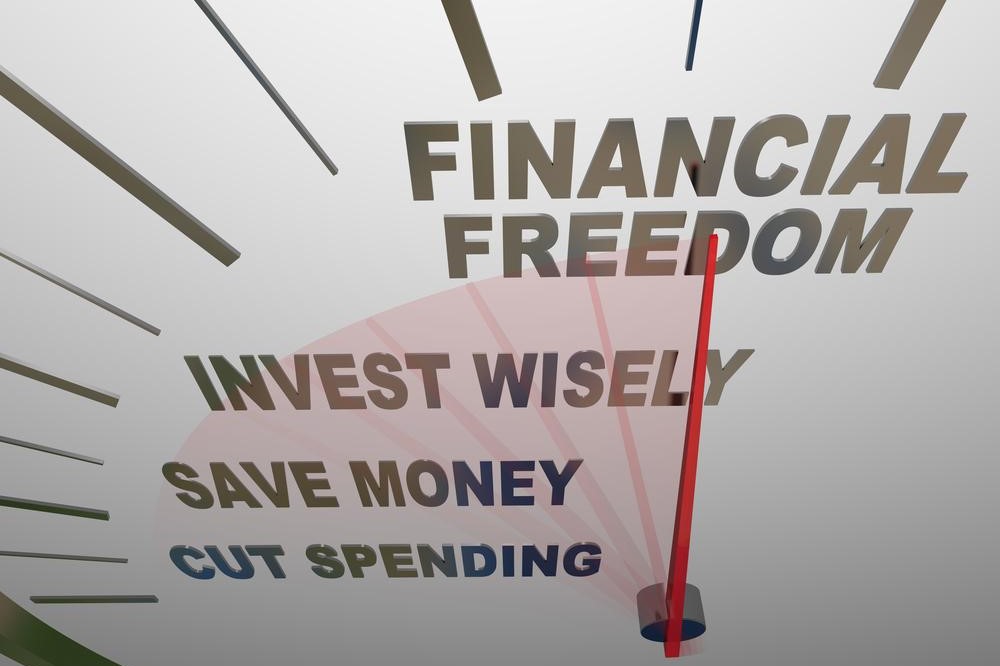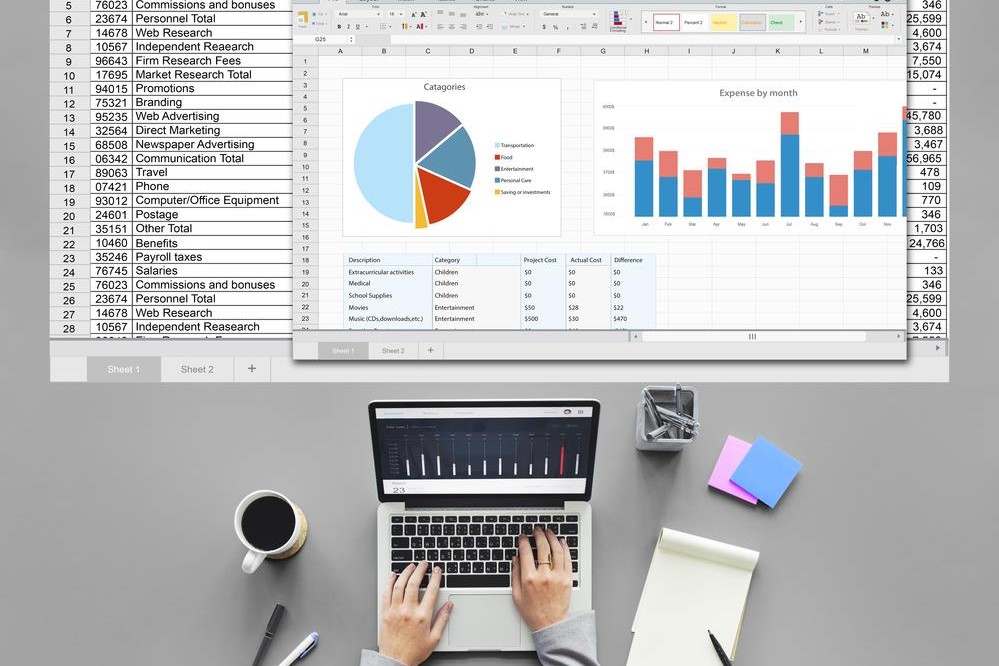Comprehensive Guide to Household Budgeting for Financial Stability
This comprehensive article guides households through effective budgeting strategies, outlining practical tools, common pitfalls, and expert tips for maintaining financial stability. It emphasizes regular reviews, goal setting, and using digital tools like apps and spreadsheets to streamline money management. Perfect for those seeking better control over expenses, savings, and debt, this guide aims to simplify the budgeting process and foster long-term financial health.

Effective Strategies for Managing Household Finances
Managing household finances is a crucial aspect of ensuring financial security and peace of mind. Whether you're aiming to cover everyday expenses, save for future goals, or pay down debt, creating a detailed household budget is essential. This comprehensive guide provides you with essential strategies, from understanding your spending patterns to utilizing modern tools that streamline financial management. Implementing these tactics can help you gain better control over your finances, reduce stress, and achieve your financial objectives more efficiently.
There are several effective tools and methods available to help you build a robust household budget. Choosing the right approach depends on your financial complexity, personal preferences, and technological comfort. Here are some popular options:
Traditional Pen and Paper: The simplest method involves manually recording all income sources and expenses in a dedicated notebook or ledger. Although this may seem old-fashioned in the digital age, many find it a helpful way to visualize spending habits and stay motivated. It requires discipline and regular updates but provides a tangible connection to your finances.
Spreadsheet Software: Using programs like Microsoft Excel or Google Sheets allows for more detailed tracking. You can set up customized formulas to automatically calculate totals, averages, and variances. This method suits individuals comfortable with basic formulas and data entry, offering flexibility to adjust for seasonal expenses or irregular income.
Financial Management and Budgeting Apps: Modern apps such as Mint, YNAB (You Need A Budget), or PocketGuard connect directly to your bank accounts and credit cards. They provide real-time updates on your expenses, categorizing transactions automatically and generating insightful reports. These apps are excellent for active budget monitoring and for those who prefer automation.
Online Budgeting Platforms: Dedicated websites like EveryDollar or Tiller offer comprehensive budgeting tools that provide an overarching view of your finances. They often include goal setting, debt tracking, and customizable reports. Security and privacy features are integral to these platforms to protect sensitive financial data.
Specialized Expenditure Tracking Software: Programs such as Quicken or Personal Capital analyze your spending patterns and project future financial scenarios. Many of these tools can connect to your bank accounts, providing an up-to-date and detailed overview of your financial health. They assist in setting realistic savings goals, managing debt repayment, and planning for large expenses.
Irrespective of the method you choose, the core purpose of budgeting remains the same: creating a clear financial picture that informs better decision-making. To maximize the benefits, it’s important to avoid common pitfalls such as overcomplicating your budget, neglecting regular reviews, or failing to set realistic goals. Setting clear, specific objectives with deadlines keeps you motivated. Regular monthly reviews help adjust for unexpected expenses or changing income streams. For households with irregular income, estimating annual earnings and setting monthly expenses 5-10% below this projection creates a buffer for unforeseen costs and builds savings progressively. Ultimately, consistent monitoring and flexibility are key to successful household budgeting, allowing you to adapt to financial changes smoothly and sustain financial health over the long term.





